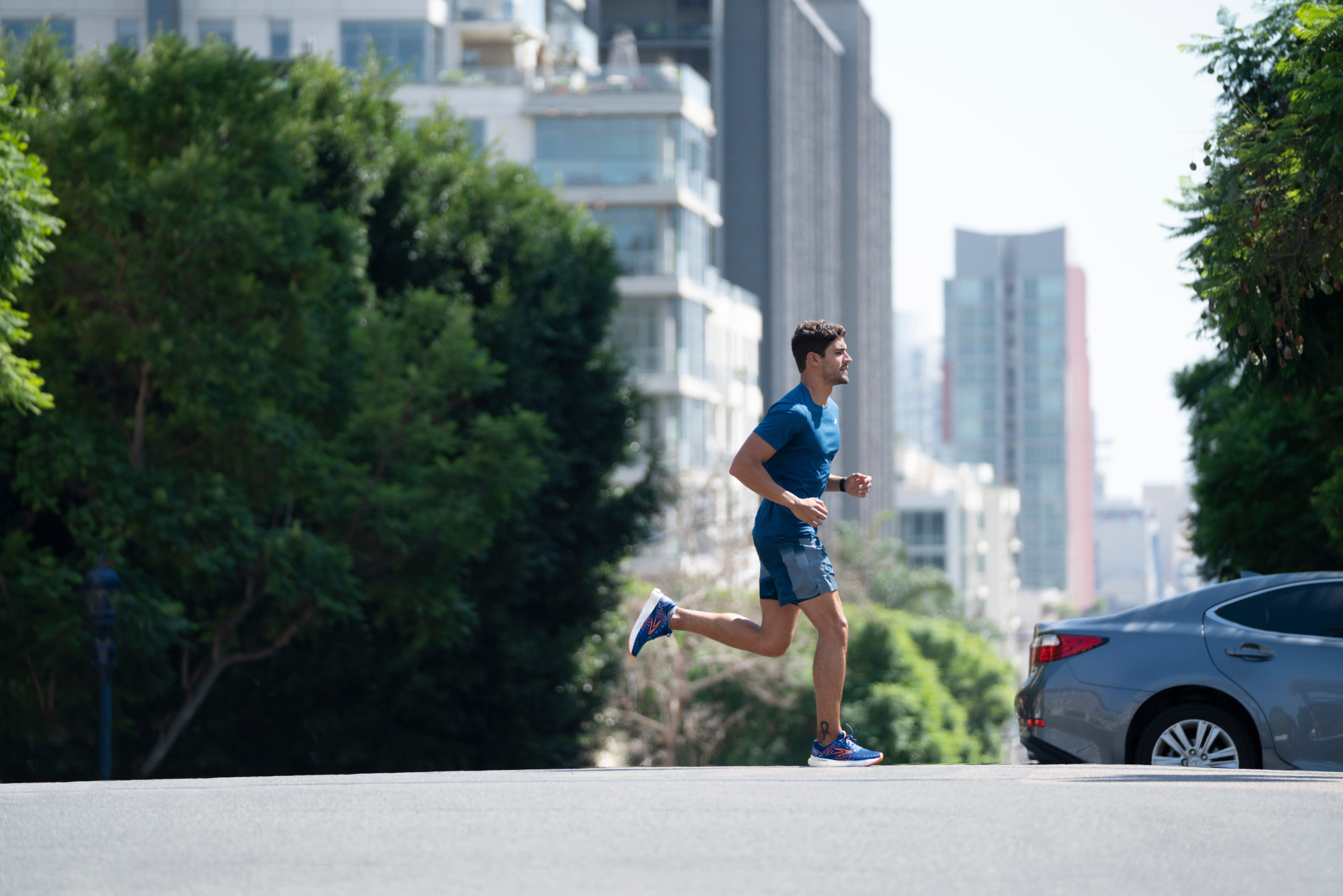When you’re first starting out as a runner, you may notice you feel increasingly tired as you add more volume and distance to your runs. While fatigue is normal to a certain extent, it can initially be tricky to determine what’s part of the training process and what’s a sign to back off. Here, we’ll present a few common scenarios and explain how to adjust your habits to keep your runs happy and productive.
If you’re looking for a secret answer to how to run longer without getting tired, remember, as you build up your endurance, it’s perfectly normal to get tired during a run and even find yourself breathing heavily or needing a break. Running without ever getting tired may not really be achievable — after all, you’ve got to stop at some point — but as you’re training you can take steps to ensure you’re keeping a healthy pace without overdoing it.
Tune into your body’s needs
So, feeling tired during a run isn’t necessarily a bad thing, but it’s key to take stock of what’s been happening in your everyday life and your training to figure out if what you’re feeling is normal. Are you eating enough food and drinking enough fluids before setting out for your runs? Are you getting enough sleep? Are you feeling or have you recently been sick?
If it’s fuel or sleep-related, you can work to adjust those factors before setting out for your next run, like making sure to have an energy-boosting snack or going to bed earlier. But if it’s related to injury or sickness, your best bet is to take a rest day (or a few) until you’re fully recovered to avoid setting yourself further back.
One of the biggest things to keep you from getting overtired and fatigued is to make sure you’re maintaining a healthy, easy pace on most of your runs. This will not only help you avoid getting injured, but it is vital if you want to avoid hitting a wall both on your longer runs and on race days. One of the best ways to ensure you’re keeping the right pace is to go by the rate of perceived exertion (RPE), or a simple “talk test.”
Can you hold a conversation with your training partner or sing along to your favorite tunes while also maintaining a steady breathing pattern? Or are you struggling to get the words out? Similarly, if your legs are feeling heavy on every run, this can be another sign that you would benefit from dialing back the pace a bit.
Run at your own pace
By taking steps to evaluate how tired you feel, you can work to keep a good flow going throughout your route and finish on an upbeat and strong note. There may not be a magic method for running longer without getting tired, but by staying in tune with your body and adjusting the factors you can control, like fueling and recovering properly, you can continue to build up your endurance in a healthy way without pushing your body beyond its limits.
Our writer’s advice is intended for informational or general educational purposes only. We always encourage you to speak with your physician or healthcare provider before making any adjustments to your running, nutrition, or fitness routines.




